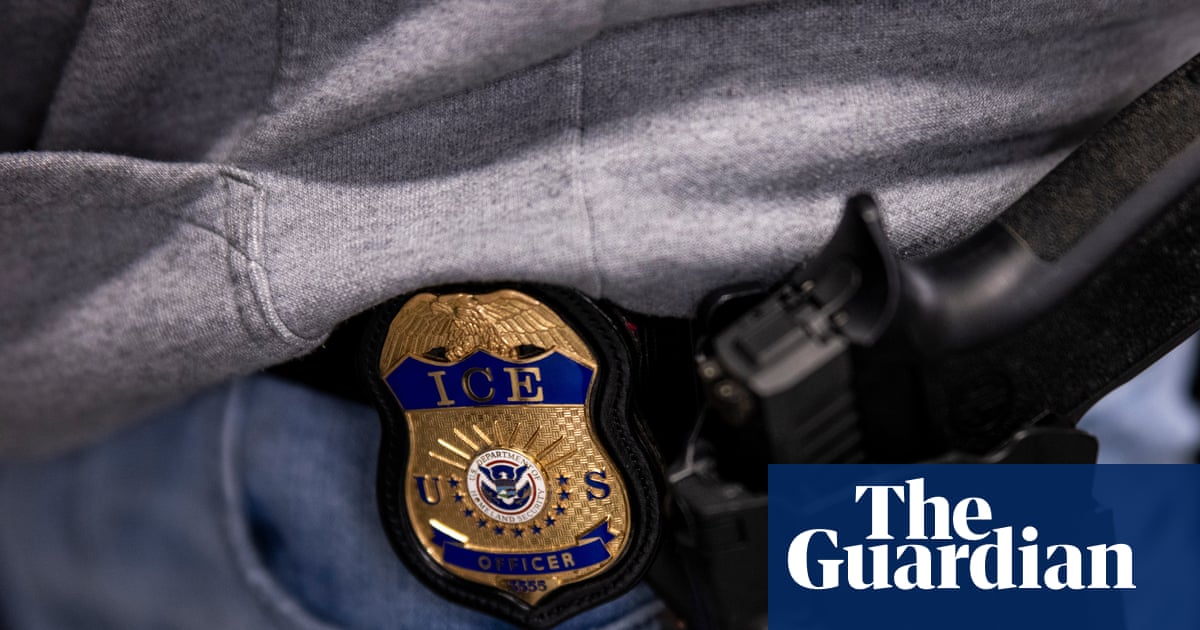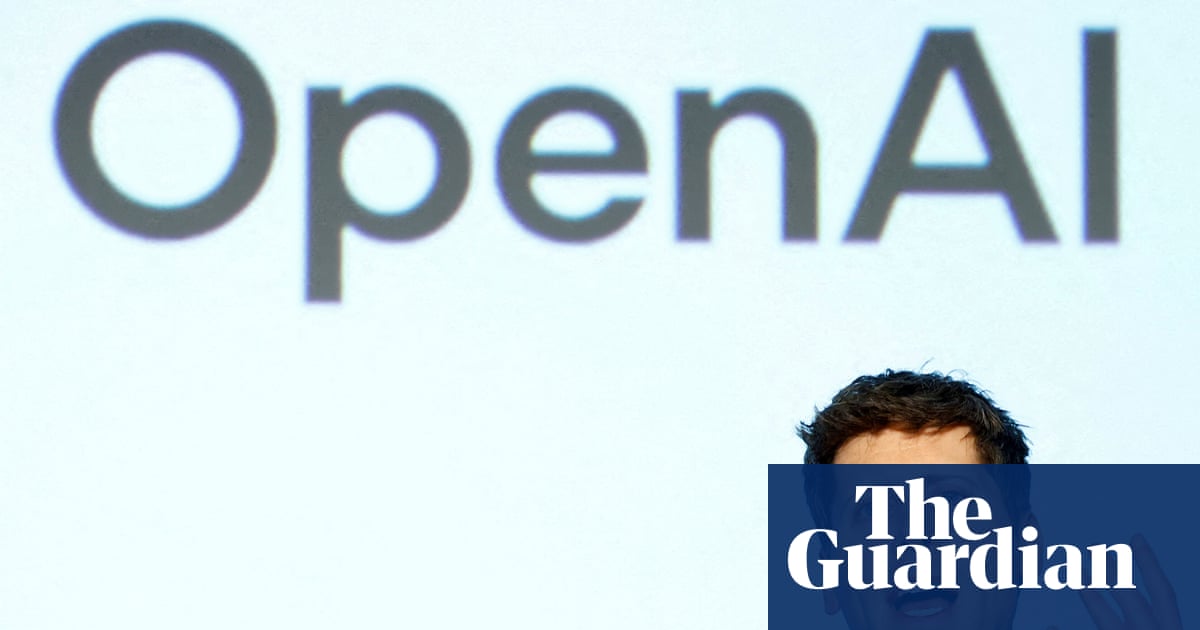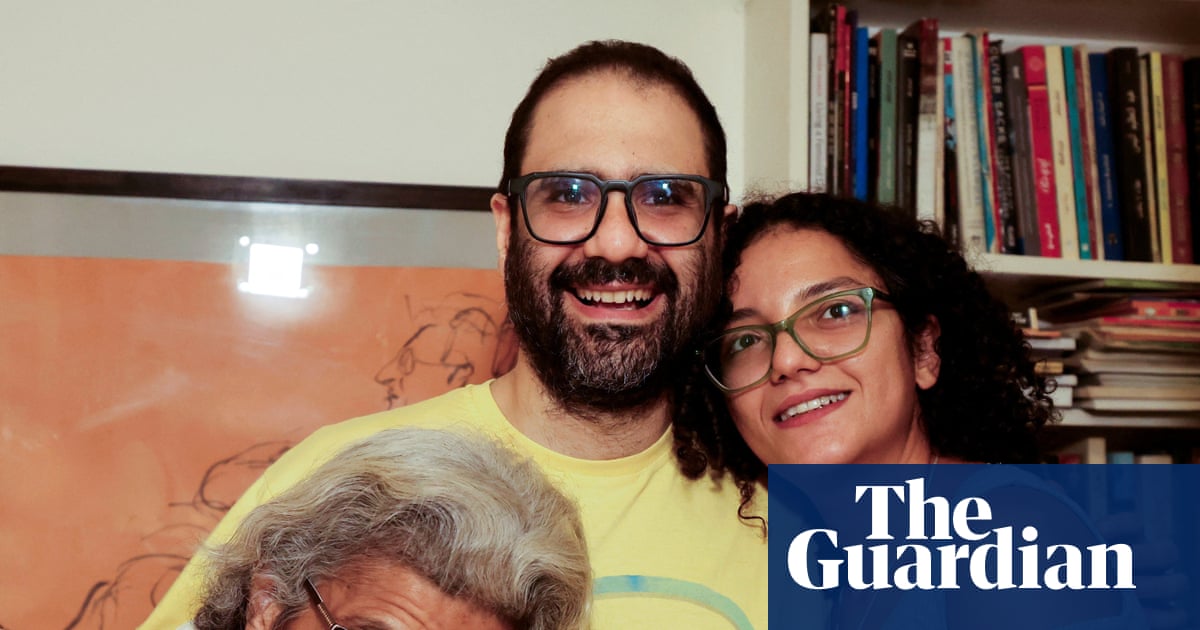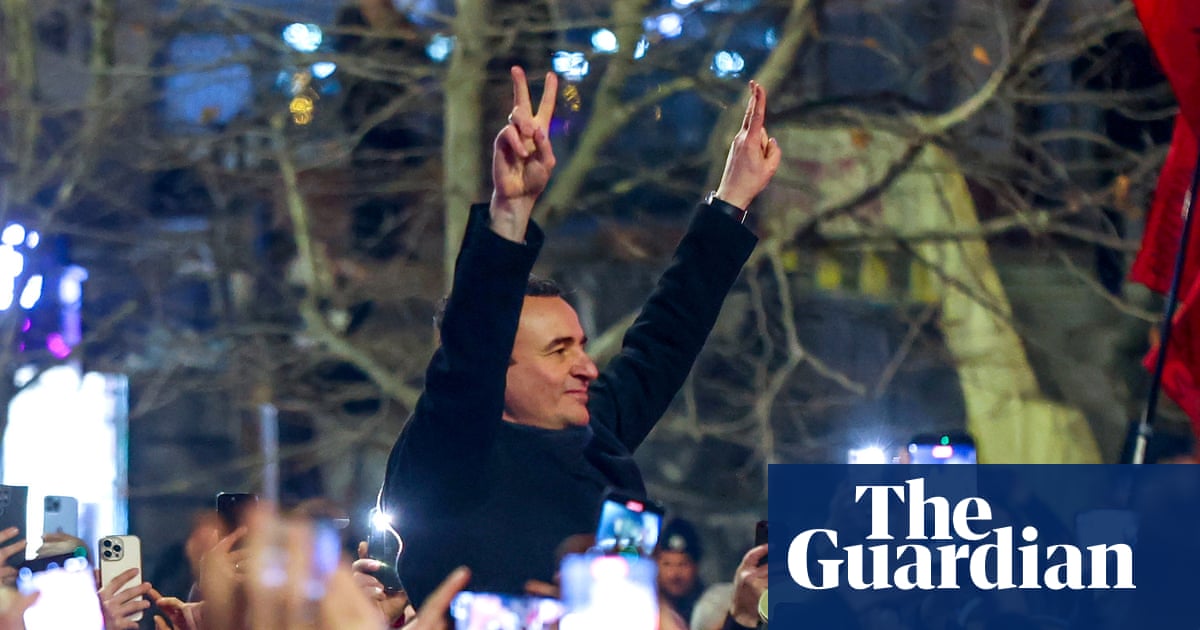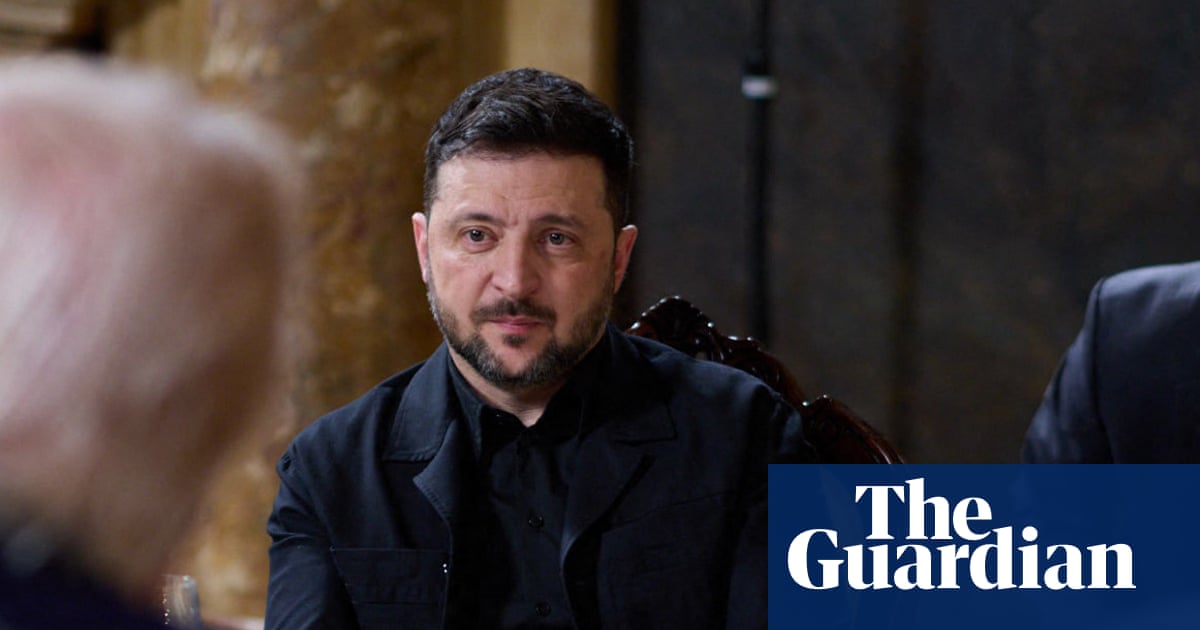The mother of a jailed former aide to Bidzina Ivanishvili has accused the de facto leader of Georgia of treating her son as his “personal prisoner” as she appealed to the west for help.
Marina Ramazashvili, a renowned ophthalmologist in Georgia, said Giorgi Bachiashvili, who has allegedly been beaten in his prison cell, was the victim of a “vendetta” waged by the billionaire politician.
The Georgian government, led by Ivanishvili, has been accused of slipping into autocracy, with the courts and the prosecution service increasingly under political control.
“Maybe he is evil,” Ramazashvili, 65, said of Ivanishvili. “He has no humanity, he has no empathy. My only hope is the European institutions. Giorgi is now Ivanishvili’s personal prisoner. I ask, for someone to help, please”.
Bachiashvili fled Georgia earlier this year after falling out with Ivanishvili, the honorary chair of the country’s ruling party, for whom he worked as a “right hand man” for a decade.
At the time that he skipped the country for Abu Dhabi, Bachiashvili was on trial for allegedly stealing $42m (£31m) in cryptocurrency from the billionaire politician.
Bachiashvili, who vehemently denied the allegations, claimed in an interview with the Guardian from his hideaway in the Gulf state that the prosecution was punishment for his outspoken criticism of Russia’s invasion of Ukraine.
He further claimed that Ivanishvili – who has guided a shift away from the west and towards Russia – may have concluded he was a western spy.
Transparency International has described the case against Bachiashvili as being “devoid of both legal and factual grounds”.
Soon after the interview, Bachiashvili was seized outside a hotel where he had been meeting his lawyer by men who said they were from Interpol.
He was taken to a police station in Abu Dhabi and then on to Dubai. Within 48 hours, the then 39-year-old was deported without a hearing via a Georgian Airways flight with a bag over his head, his lawyers claim.
Bachiashvili alleged that one of the five other passengers on the flight to the Georgian capital, Tbilisi, was the head of Georgia’s security services.
He was taunted during the flight for his belief that he could escape lvanishvili’s reach, his lawyers claim.
The Georgian government subsequently issued a press statement in which it claimed it had found and arrested Bachiashvili near the border with Armenia and Azerbaijan.
Ramazashvili said that she had not been allowed to speak to her son since June but that she had learned from his lawyers that he had been badly beaten in his cell on 11 July, two days before his 40th birthday.
A man who did not appear to be a prisoner had repeatedly smashed Bachiashvili’s head against the wall and bit him on the shoulder. During the altercation, he briefly lost consciousness, it is claimed.
“They are trying to break him every day,” said Ramazashvili. “They even have new rules. The parliament adopted a law that if someone is found guilty of financial misconduct the authorities can ban him from leaving the country for 16 years.”
Bachiashvili is facing 11 years in jail after being convicted of stealing the cryptocurrency but the prosecution is seeking to add further years to his sentence for absconding.
Prosecutors are also seeking a further jail term for Bachiashvili’s alleged negligence in overseeing a state investment in a hydro-power station. Ivanishvili has separately launched a civil case against him.
Ramazashvili said it had been through treating Ivanishvilli and his family as patients that her son was first introduced and then began working for the businessman who at the time had companies in Russia.
She said: “As a person, he was very normal, very kind. I cannot tell anything bad about him, or of members of his family, for that. Because of this, I thought that Giorgi will be very safe … This is my greatest mistake in my life.”
Georgia continues to have aspirations to join the EU and it has recently submitted a response from Brussels demands for a series of reforms after claims that the country was sliding into autocracy.
Ramazashvili, who is now living in the US state of Alabama, said she had been left bereft and that her only hope was that international institutions, such as the European court of human rights or the UN would intervene.
“I have nothing inside,” she said.

 3 months ago
59
3 months ago
59



